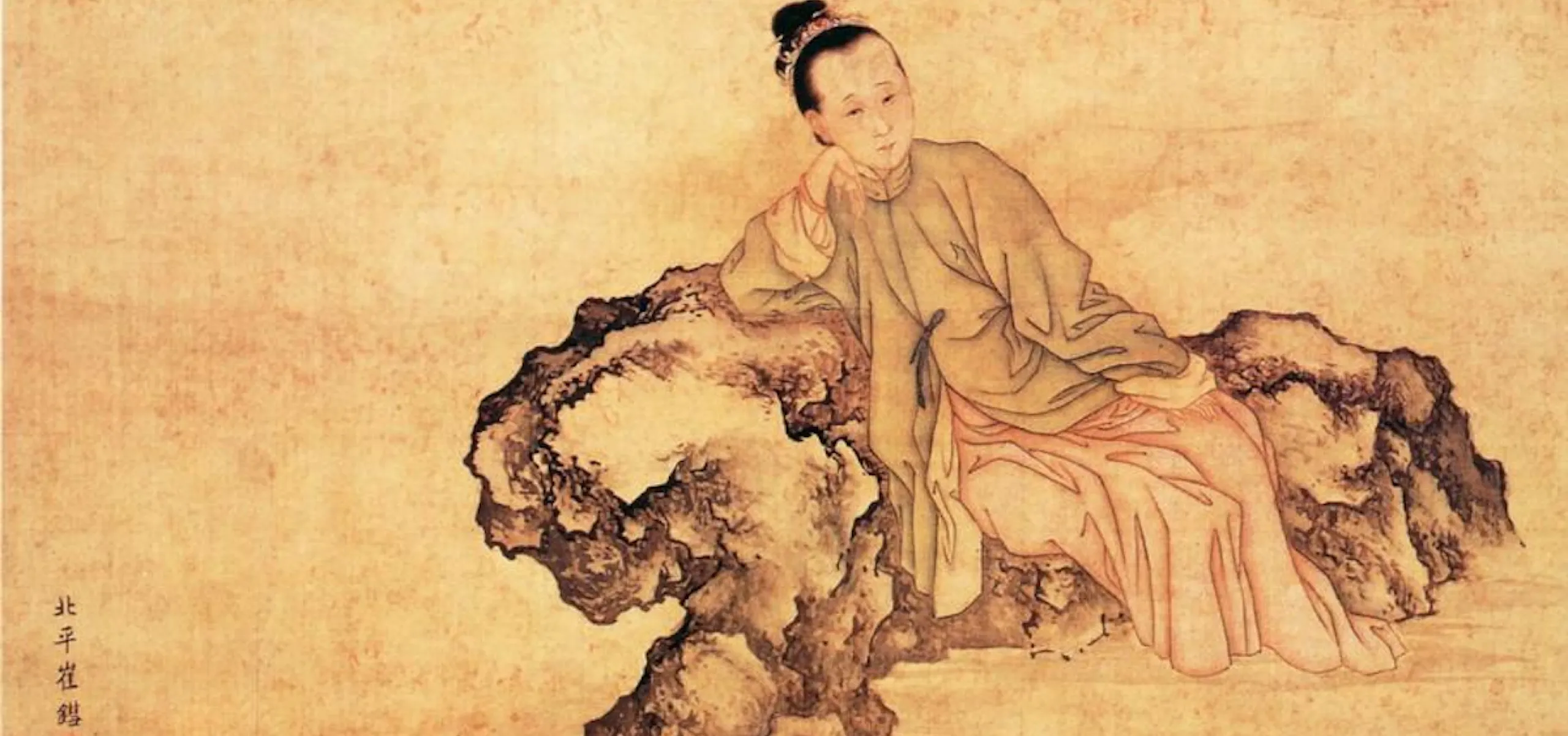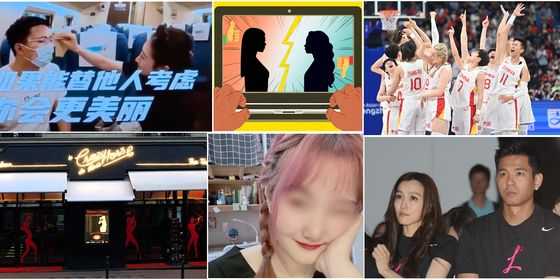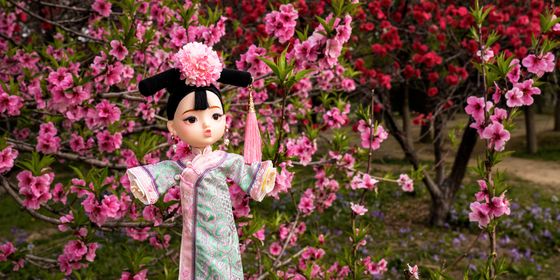Reevaluating the legacy of one of China’s greatest female poets
Poetry is one of China's greatest arts, but there's something incredibly important missing from lists of China’s greatest poets, and that is the women. Sorry, what was it Mao Zedong said? Something about “Half the sky”?
Unfortunately the history of Chinese intellectualism bears no such equal proportions. In fact there are very few respected female poets known from China's few thousand years of history at all. This makes the achievements of Song dynasty (960 – 1279) poet Li Qingzhao (李清照), famous in particular for the graceful and elegant style of her work, all the more impressive.
In many ways, it is a shame to have to frame a study of Li Qingzhao around her sex, rather than discussing her poetry in isolation. Sadly, historical context and literature are closely intertwined, and it is therefore something that cannot be disregarded or undermined. For Li wasn't just an ordinary poet, and she certainly did fight a different battle to everyone else.
The first thing to note is that comparatively little of her work actually survives today. Of the seven volumes of essays and six of poetry that Li produced, only around a hundred poems survive. This is something of an indication as to how history treats even its most talented women. It is probably not surprising that other female writers have fared even worse. In a society where they were taught to read but not write, many women destroyed their own writing, or their work was claimed by male writers without any credit.
Li Qingzhao, however, did break past that level. She has remained particularly famous for her song lyrics, or ci (词), a style of poetry characterized by lines of unequal length and specific rhyming schemes and tone patterns. They would be presented with a note of the tune to which they were supposed to be sung.













